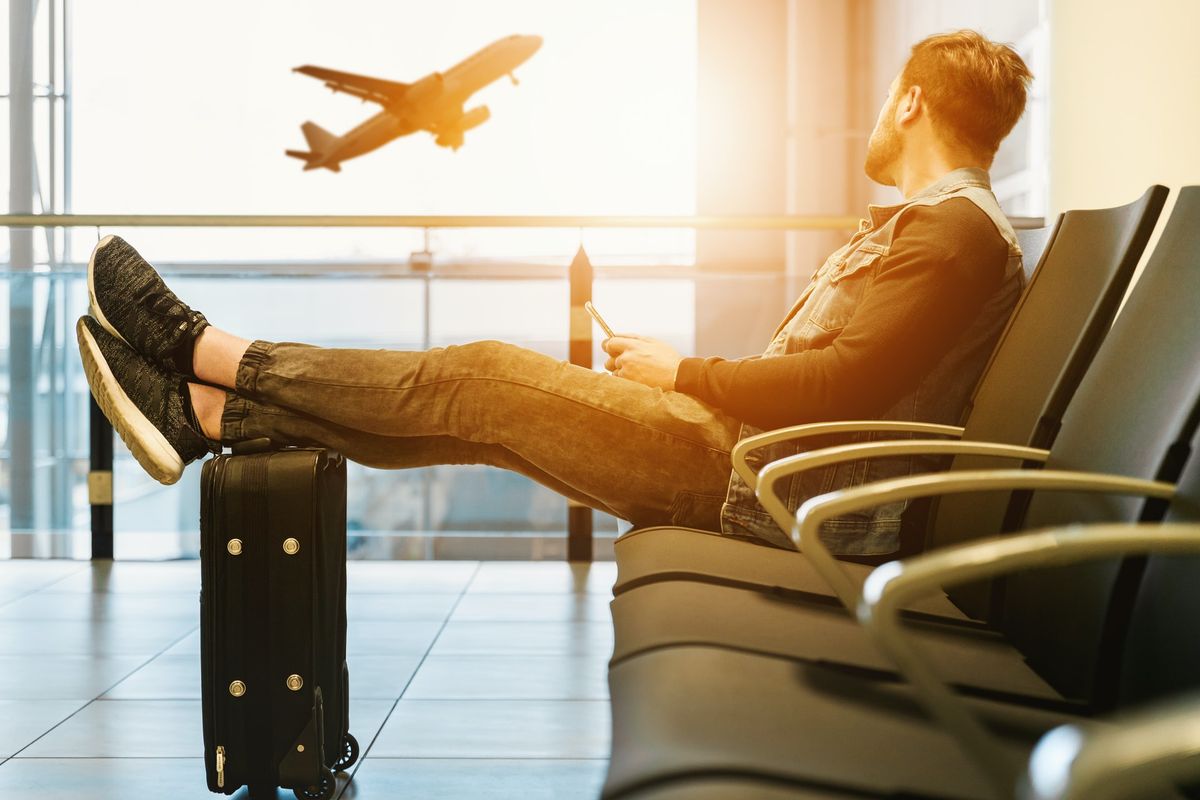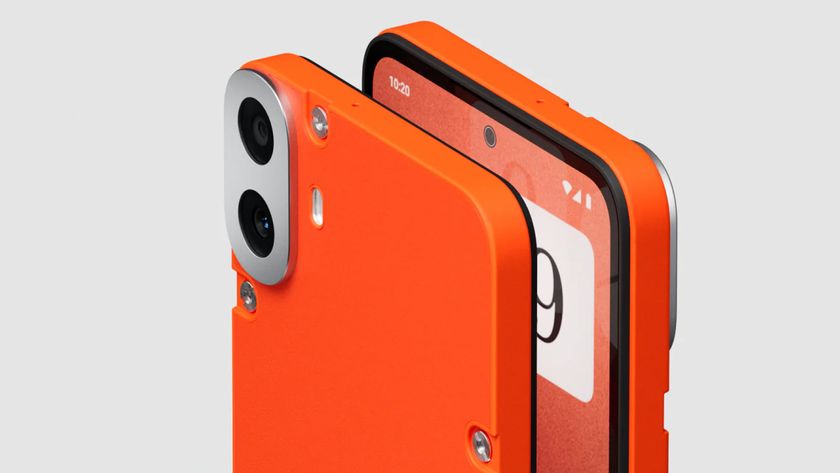How tech has changed travel
The internet has changed the way we travel

The travel industry has changed significantly, from the rise of air travel overtaking luxury boats to travel agents becoming a central part of your travel experience: The industry has not stopped reinventing itself.
Technology has been one of the biggest contributors to the travel landscape and those of us lucky enough to be able to afford to travel can't have missed how quickly this has happened.
Here are just some of the ways our tech revolution has changed the way we travel.
Booking everything online
For ages it is seemed like the only way to book your trip was through a travel agent either in person or over the phone. The rise of the World Wide Web has meant that this whole process has shifted entirely online.
However, since it has taken a while for the internet to reach the impressive speeds and workability we know and expect from it today, this move wasn't just automatic from the moment we could dial-up.
In addition, it took a while before people became as comfortable as we are today with online payments, especially for purchases as expensive as plane tickets and accommodation.
Only once we could keep a stable connection and online payments did airlines, hotels and comparison sites pop-up allowing you to book and pay for your whole trip online.
Get daily insight, inspiration and deals in your inbox
Sign up for breaking news, reviews, opinion, top tech deals, and more.
Personalised experiences
Before the internet age, booking a trip and excursions meant either booking a tour, through a travel agent or when you arrived in the country. Your experience and helpful hints mostly came from travel guides which were printed and marketed to a wide range of tourists.
Since the internet allows for endless and constantly updatable content, the focus on travel and tourism shifted to personalisation. Travellers now don't just want to see the standard site but to rather have experiences that are unique, or at least appear to be so.
This has led to a major boom in travel blogs, apps, itinerary trackers and local guide insight vlogs aimed at giving would-be visitors the insights they need to curate their perfect holiday.
A great example of this is AirBnb experiences, AirBnb took the model for their accommodation and adapted it for personalised, local led experiences in each country. From pasta making in Italy to hiking in Cape Town, this digital platform lets travellers easily find the "unique" and immersive experience they are looking for.
Safer money
This is a big one, while travelling has always been expensive, it's never been easier to take your money with you and safely.
The days of travellers cheques and wire transfers are long gone. Now you can simply log into your banking app and alert them that you're leaving the country. If you like they can activate your bank card to work overseas at an extra charge.
If this seems a bit expensive, there are many options like foreign currency cards which are pre-loaded with a set amount which can be withdrawn in another country.
In the past if you ran out of money and needed someone back home to help you out and it was quite an ordeal. Now transferring between accounts or sending money can be done in a number of ways which can reflect within hours, not days.
Always in contact
Postcards may have a romantic feel but when they are your only way to contact those back home, it was easy to feel incredibly disconnected to your loved ones.
Telephones helped a bit although international calling was always quite pricey. Now, with the rise of smartphones sometimes it's even cheaper to use your phone in another country than it is back home, depending on data prices.
While international roaming is still a big no-no for South Africans, buying a foreign SIM and loading up on data is simple and can often be done before you even step out of the airport doors.
The weird and wonderful future
The COVID-19 pandemic has already required the industry to adapt even further, pushing technology into new realms especially relating to hygiene. This will undoubtedly cause even more change for travellers going forward.
Already hotels are aiming to invite guests with the latest technological gimmicks like AI concierge robots and personalised tourist experiences. As more of our lives move to apps, you won't need a full laptop to complete even one part of your trip.
This is just the tip of the iceberg and we're excited to see what happens next.
Leila Stein is an experienced multimedia journalist and content producer with a special interest in data journalism. she is skilled in news writing, editing, online writing and multimedia content production and have a Bachelor of Journalism from Rhodes University and an Honours in Historical Studies from University of Cape Town.










